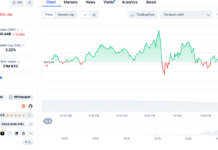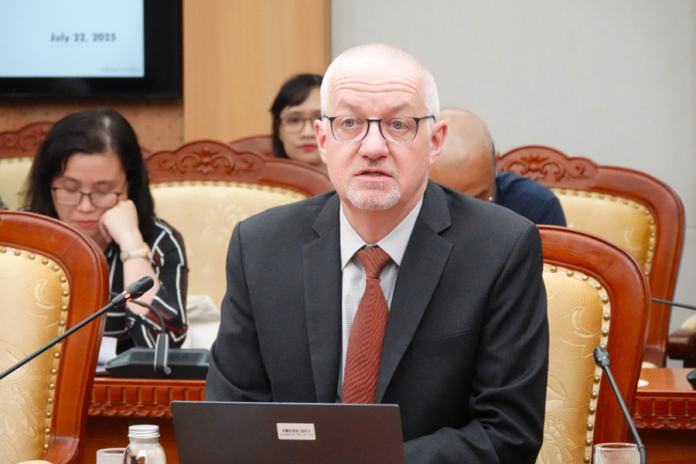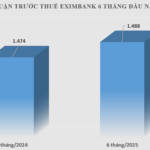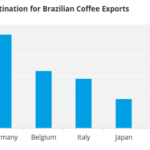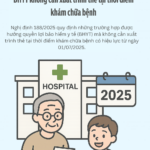On July 22, Deputy Minister of Finance Tran Quoc Phuong hosted a meeting in Hanoi with World Bank (WB) experts to discuss Vietnam’s 2024 Debt Management Performance Assessment (DeMPA).
Since the beginning of 2024, the World Bank’s experts have collaborated closely with Vietnam’s Ministry of Finance (MoF) and relevant agencies to scrutinize the nation’s debt management practices. This involved measuring these practices against international standards and identifying areas for improvement.
The WB’s report commended Vietnam’s overall debt management effectiveness. It highlighted significant progress in the legal framework since the 2017 Law on Public Debt Management, along with the introduction of internal procedures to support its implementation.
The WB acknowledged several strengths in Vietnam’s public debt management system. These include well-defined authority, objectives, and borrowing purposes enshrined in area-specific legal documents. Vietnam also benefits from strong inter-agency coordination and capable staff to manage public debt. The national debt management strategy is of a high caliber, and critical debt data is published regularly.
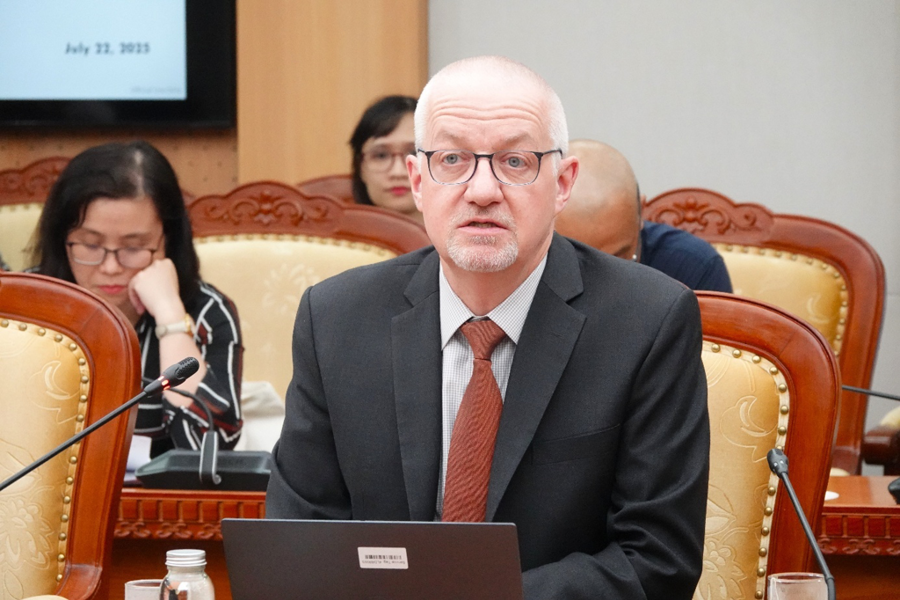
Annual financial and compliance audits are conducted by Vietnam’s State Audit Office and reported to the National Assembly with full transparency. There is also effective coordination between fiscal and monetary policies. The WB acknowledged Vietnam’s strong alignment in these areas, along with structured borrowing and on-lending procedures. Cash flow forecasting and treasury management have shown significant improvement, and debt records are now maintained in a timely, accurate, and comprehensive manner.
Based on this positive assessment, Mr. Lars Jassen, the WB’s Senior Debt Management Specialist, offered suggestions for further enhancement. These included more transparent reporting to the National Assembly and addressing the lack of specific risk indicators in the annual borrowing plan and audits for operations, fiscal risk reporting, and debt sustainability analysis (DSA).
Mr. Jassen and the WB expert team also provided recommendations to bolster the effectiveness of public debt management. They emphasized the importance of diversifying funding sources and strengthening debt management institutions’ performance.
Deputy Minister Tran Quoc Phuong underscored the critical nature of public debt management in Vietnam’s socio-economic development, especially during this growth phase. He emphasized the need to accelerate efforts to mobilize both domestic and foreign capital to meet economic growth targets. Optimizing the use of these resources is essential to ensure they translate into tangible, sustainable benefits.
“As Vietnam progresses, the availability of preferential borrowing terms will diminish, presenting greater challenges in resource mobilization,” Deputy Minister Phuong cautioned. In this context, he stressed the invaluable nature of the World Bank’s in-depth assessments and recommendations.
Deputy Minister Phuong expressed his hope for continued deep engagement from the WB’s expert team, including technical and operational recommendations and strategic policy advice. He also advocated for sustained effective collaboration between the WB and the MoF, particularly with the Department of Debt Management and External Finance, to enhance Vietnam’s capacity in public debt management through mutual support and cooperation.
“VPBank Secures $350 Million Loan to Boost Sustainability Efforts”
On July 29, 2025, VPBank (HOSE: VPB), one of the leading joint-stock commercial banks in Vietnam, announced the successful signing of a syndicated loan worth USD 350 million. This loan was made possible through a collaboration with Sumitomo Mitsui Banking Corporation (SMBC) and prominent development finance institutions (DFIs), including British International Investment (BII), Export Finance Australia (EFA), FinDev Canada, and the Japan International Cooperation Agency (JICA). SMBC acted as the coordinator and authorized co-lead arranger for this significant financing endeavor.
Unlocking the Domestic Market’s Potential: A Strategy for Sustainable Growth in the Seafood Industry
The domestic market, with its vast purchasing power of over 100 million consumers, presents a strategic opportunity for Vietnam’s seafood industry to sustain stable and robust growth. By effectively tapping into this market, the industry can unlock a powerful solution to maintain its momentum and prosper.
“The EVFTA at Five: A $300 Billion Trade Boost”
After 5 years in effect, the EVFTA agreement has catalyzed bilateral trade to reach nearly $300 billion, propelling Vietnam to become the EU’s top trading partner in ASEAN and 16th largest in the world.
“Unleashing the Potential: Clearing Bottlenecks for a Robust Semiconductor Industry”
“Recognizing the pivotal role of the semiconductor industry in developing Vietnamese-based artificial intelligence, Prime Minister Pham Minh Chinh underscored the imperative of conducting a thorough analysis to assess accomplishments, shortcomings, underlying factors, and lessons learned to catalyze the advancement of the semiconductor industry.”
























